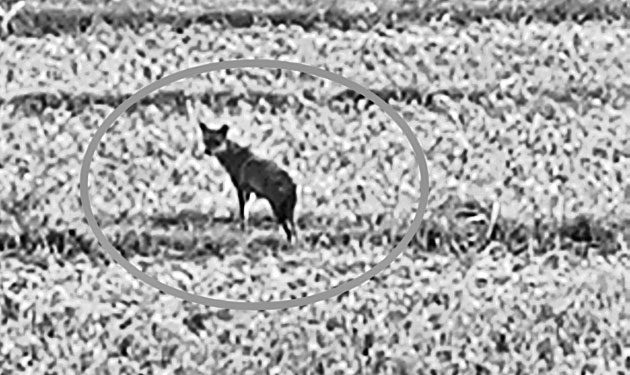Mahakalapara: Jackals, play an essential part in maintaining ecological balance as nature’s scavengers are slowly disappearing from this coastal area of Kendrapara district. There was a time when the air on Jambu island and the mangrove forests surrounding it used to resonate with the bark of jackals in the evening. During the 1960s, jungles in these areas were safe havens for wild animals like deer, wild boars, wolves, and jackals. However, due to back-to-back natural calamities and mindless tree felling the forest cover has subsided.
Climate change, loss of habitat, and food shortage are the chief factors impacting the population of jackals. Sources said that the local population in Jambu island and Suniti village under this block was severely affected after a cyclonic storm struck the district in 1971. Over 3,000 people lost their lives and thousands of livestock and birds perished. It was then a gala time for the jackals who feasted on the bodies of human beings and other dead animals’ carcasses. Their numbers rose rapidly and soon there were more than 2,000- 3,000 jackals in the locality.
However, now due to a host of reasons the jackal population has reduced drastically. The dense Kewda (Screw Pine) bushes, which once sheltered the jackals, have dried up leaving them high and dry due to loss of habitat. As jackal numbers continue to dwindle, the remaining ones are suffering due to a shortage of food. Earlier, they had an abundance of crabs found in the local water bodies to feast on.
Illegal fishing has put an end to that and the jackals are often forced to stray into human settlements in search of food. Environmentalist Samarendra Mahali said that climate change, loss of habitat, and food shortage led to a decline in the population of jackals. There is a need for the creation of more Kewda forests to save the jackals, he added.







































